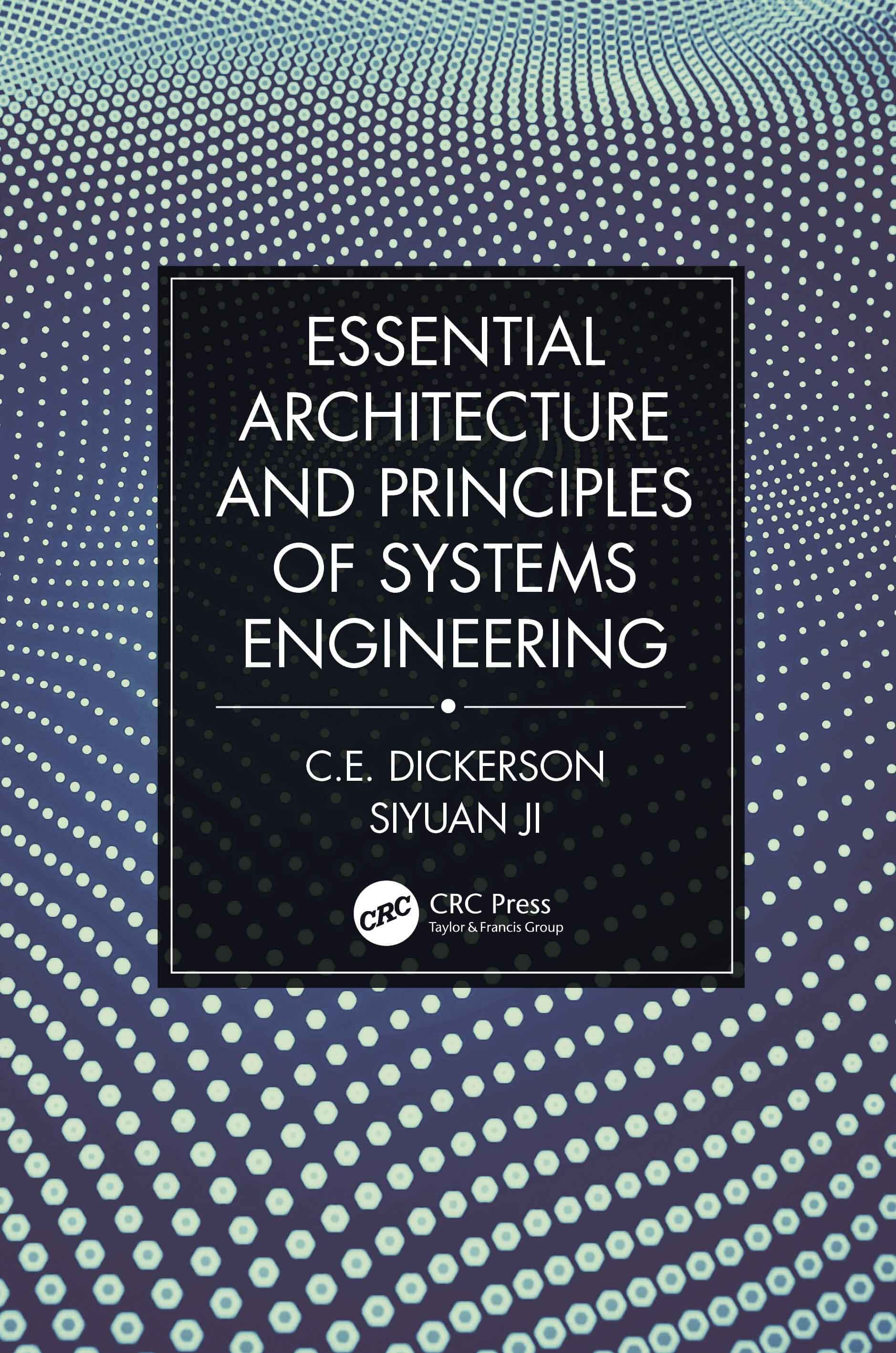Systems Engineering and Complexity Research Group
Our research and associated teaching explores the development and application of systems engineering and systems approaches to solve complex problems and engineer solutions for a better world.
About us
We work on various cross-disciplinary projects in several domains, from hard systems engineering to socio-technical and enterprise systems. We develop advanced modelling, co-simulation, interactive visualization techniques, model-based systems engineering, big data and digital twins to gain a greater understanding of the performance, behaviour and emergent properties of complex systems and associated advanced technology across a wide range of application areas.
We research how new systems approaches can support policy development and better determine the impact of policy in complex and sensitive areas such as energy, food, climate and environment, and the preservation of strategic national resources and the Circular Economy.
We explore digital and virtual engineering practices and data-intensive applications in the connected environment of data, people, processes, services, systems and production assets.
Our strength is in the breadth of our industrial collaboration and our group includes, visiting professors and fellows based in industry. We have carried our research with BAE Systems, Airbus, Rolls Royce, Thales, QinetiQ, Severn Trent Water, Nuclear Waste Services, UK MoD, NATO, BGL Group, IBM, JLR, Lloyds, PWC, SCOR, WTW, Z/Yen Group, Baxi and Porterbrook to name a few.
Our group currently supervises 19 PhD students and participates in activities with other research groups, such as the Intelligent Automation Research Group and the Advanced VR Research Centre.
Our expertise
Our research expertise includes, but is not limited to, the following:
- Methods, languages and tools for Model-Based systems engineering
- The mathematical and scientific foundation of architecture and systems engineering
- Design methodologies for human-centric digital technologies and systems
- Data analysis of big data and unstructured data from citizen science projects
- Cyber-Physical Systems of Systems Engineering
- Using formal ontologies, transformer-based models and agent-based learning
- Wireless network stack optimisation and IoT/AI-based process monitoring and decision-making
- Digitalisation, Engineering Information-Intensive Ecosystems, Systemic Design and Trans-disciplinary Engineering, Systems Validation and ‘what works’ Evaluation
- Quantum Systems Engineering
Charles Dickerson
- Programme for Simulation Innovation (EPSRC and Jaguar Land Rover)
- Theme 1 - Analysis of the Vehicle as a Complex System - Principal Investigator
- Theme 8 - Optimisation for Robust System Design - Co-Investigator - Optimization for robust design: Integrating model-based systems engineering with multi-criteria decision-making support in a distributed framework - Co-Investigator
- AMiCC Project for Electric Vehicle Wireless Charging: Principal Investigator for System Design Optimization and Pathway to Standardisation (Innovate UK and Office for Zero Emissions)
Melanie King
- Battery Passports: Readiness of the UK Battery Manufacturing Sector, Ecosystem Opportunities & Implications for UK Industrial Policy (EPSRC) - Principal Investigator
- Data Innovations for Product Passports: A System of Systems Approach Towards Industry Symbiosis (EPSRC) - Principal Investigator
- Exploring future Advanced Services developments and collaborations for a ROSCO (Rolling stock operating company) using a systems thinking approach (EPSRC) - Principal Investigator
- Digitally Advanced Services – Heating-as-a-Service (EPSRC) - Co-Investigator
- Digital Transformation – AI in Insurance (EPSRC and Innovate UK) - Co-Investigator
Mey Goh
- Made Smarter Innovation: Centre for People-Led Digitalisation (EPSRC) - Principal Investigator
- Embedded Integrated Intelligent Systems for Manufacturing (EPSRC) - Co-Investigator
Michael Henshaw
- Doctoral Centre in Model-Based Systems Engineering (jointly between Loughborough University & industrial partners) - Director
- QAssure (IUK) - Principal Investigator
- Industrial Robots as a Service (IRaaS) (EPSRC)
- Urban vulnerability, risks, safety and security: transdisciplinary workshop (British Council, Newton Fund) - Principal Investigator
- TAMS4CPS (Trans-Atlantic Modelling & Simulation for Cyber-Physical Systems) EU Horizon2020 - Principal Investigator
- ROAD2CPS (EU Horizon2020 and Loughborough) - Principal Investigator
Siyuan Ji
- Doctoral Centre in Model-Based Systems Engineering (jointly between Loughborough University & industrial partners) - Deputy Director
- QAssure (Innovate UK) - Co-Investigator
- Extraction and Visualisation of Model Views using Data Analytics (Innovate UK & Synoptix) - Principle Investigator
- Professor Michael Henshaw
- Professor Charles Dickerson
- Professor Roy Kalawsky
- Dr Melanie King
- Dr Ella-Mae Hubbard
- Dr Siyuan Ji
- Dr Jonathan Wilson
- Dr Mey Goh
- Dr Sarongina Pease
- Dr Murray Sinclair
- Professor Mike Wilkinson
- Dr Steve Hinsley
- Professor Andrew Bradley
- Dr Paul Palmer
- Professor Duncan Kemp
- Professor Craig Wrigley
- Professor Paul Davies
- Professor Kate Gill
- Dr Andy Kinder
- Professor Tim Rabbets
